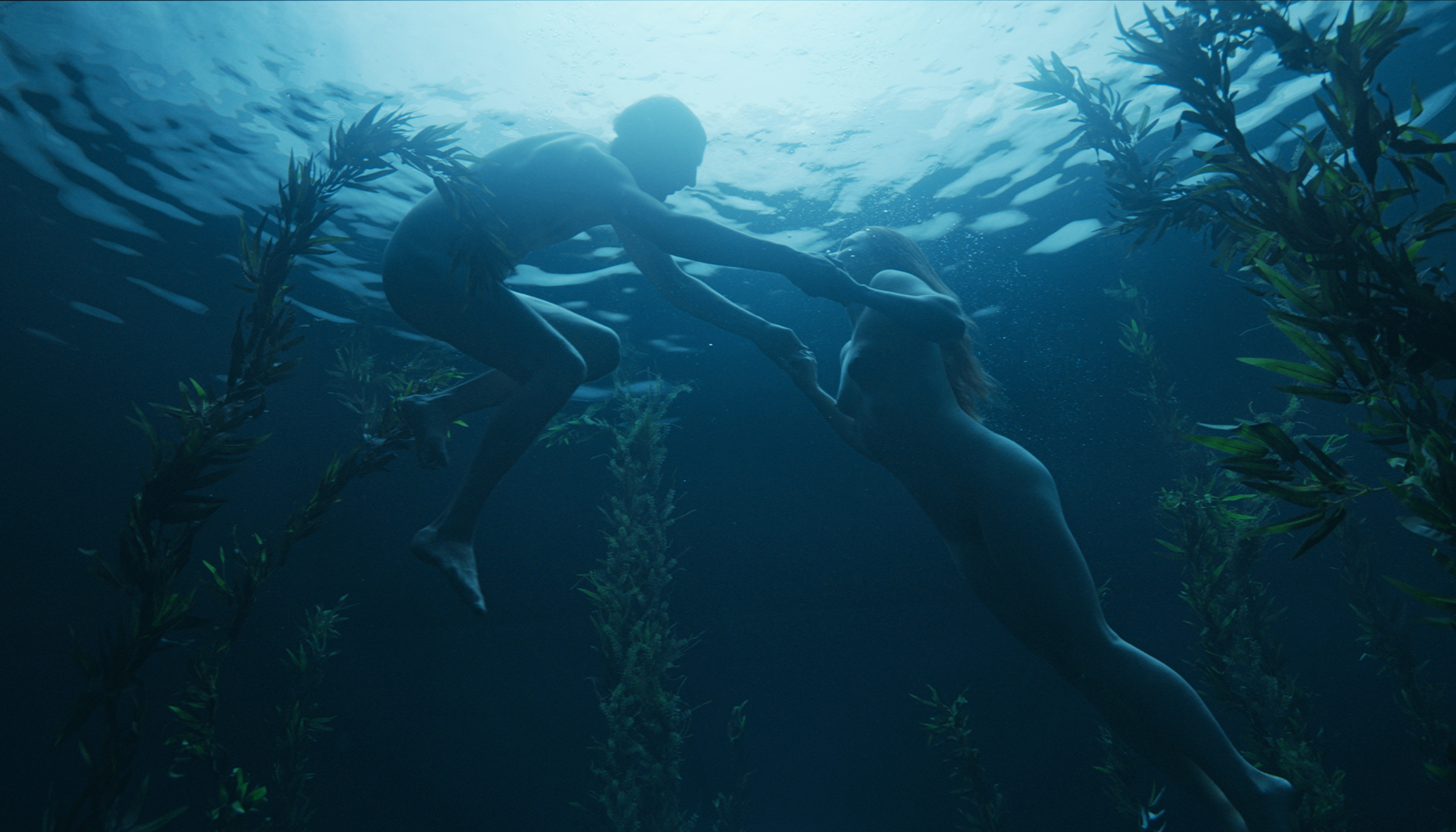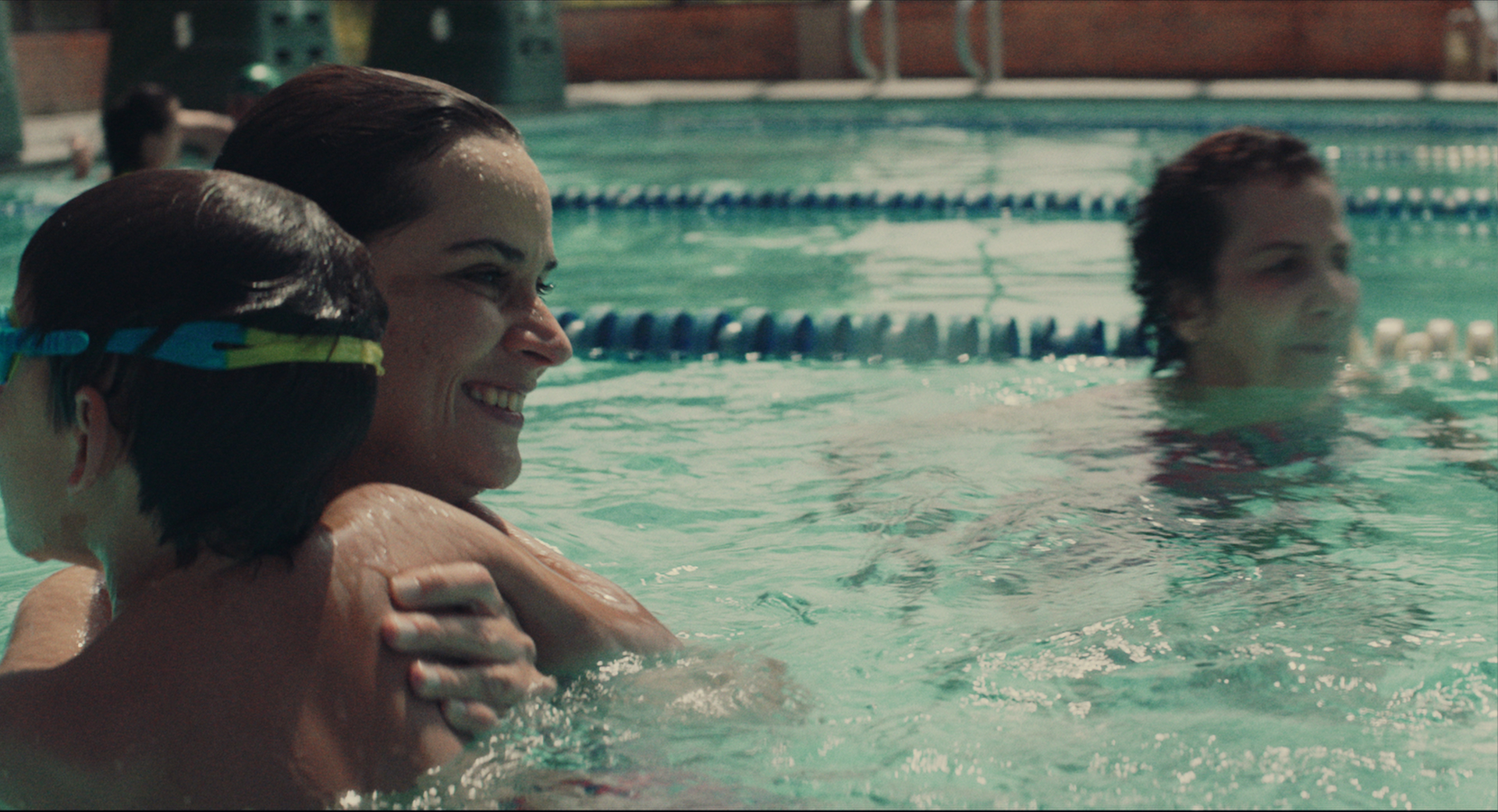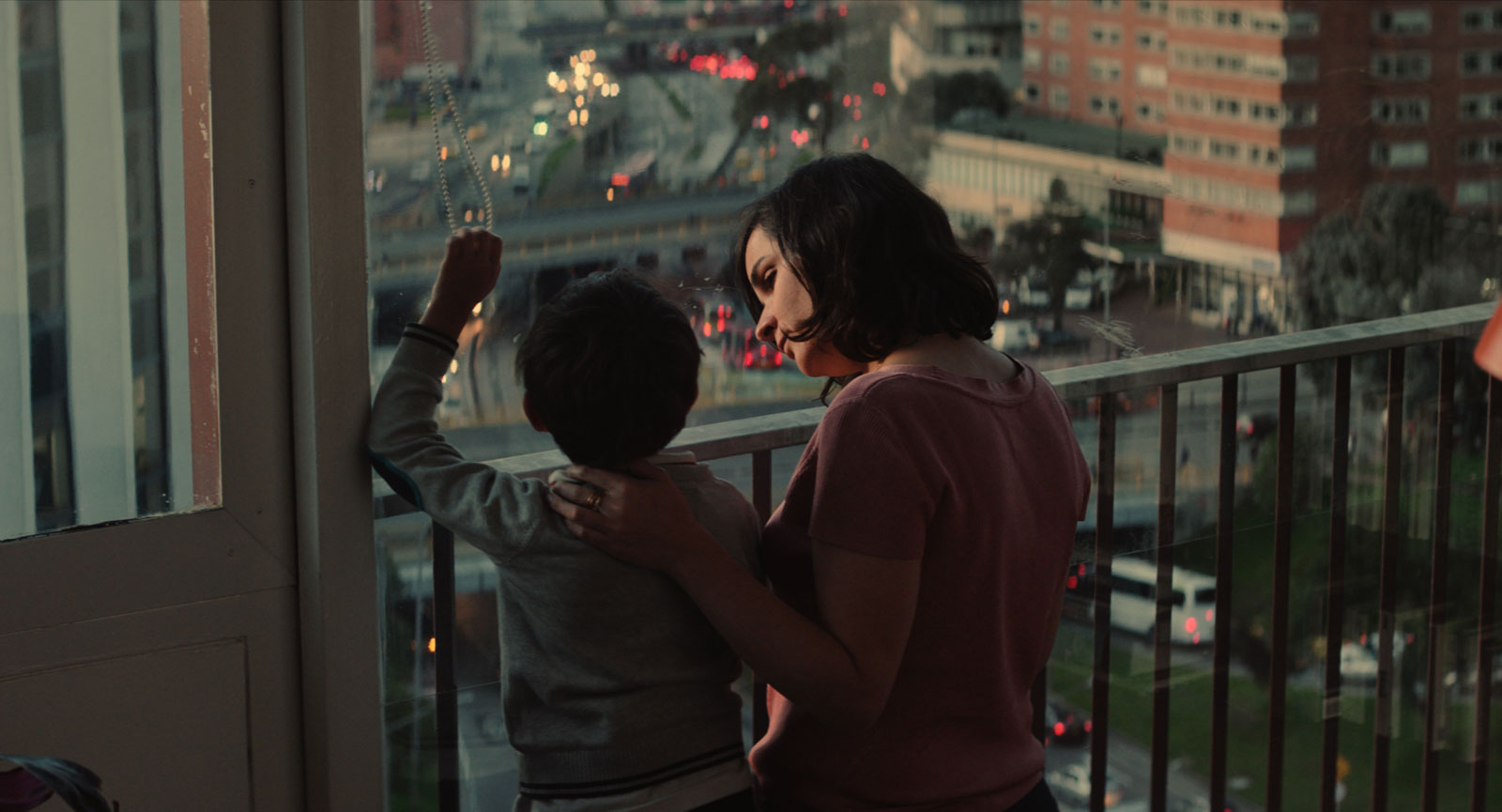DOGS DON'T WEAR PANTS (Koirat eivät käytä housuja)
 Friday, May 24, 2019 at 12:36PM
Friday, May 24, 2019 at 12:36PM Stars: Krista Kosonen, Pekka Strang, Ilona Huhta, Oona Airola, Jani Volanen, Ester Geislerová and Ellen Karppo.
Writers: Juhana Lumme and Jukka-Pekka Valkeapää.
Director: Jukka-Pekka Valkeapää
WORLD PREMIERE: May 21st at Théâtre Croisette; Quinzaine des Réalisateurs (Director's Fortnight), Festival de Cannes 2019.
Rating: ★ ★ ★ ★

FESTIVAL DE CANNES 2019: A widowed cardiologist mends his broken heart with a dominatrix seeking her own like-minded connection in Dogs Don’t Wear Pants, J.-P. Valkeapää darkly funny, surprisingly sweet, occasionally challenging take on grief, emotional redemption and the recuperative qualities of a golden shower. Finding a sliver of lovely memory while on the verge of one’s own mortality is the starting point for the Finnish director’s leather-&-buckles love story; it is a film that talks tough and plays hard but has at its core, a message of acceptance and joyful release.
The idyllic married life of Juha (Pekka Strang) is torn asunder as he naps; in a dreamlike prologue, his wife (Ester Geislerová) drowns at their lakeside home while their small daughter Elli (Ellen Karppo) watches on. In trying to rescue his tangled wife, he has a moment of spiritual connection with her soul, nearly drowning himself in the act. Ten years later, Juha is still consumed by grief; he finds comfort in his lonely daily routine, which includes his own form of self-abuse using his late wife’s underwear and perfume, while barely registering the existence of teenage Elli (Ilona Huhta).
As his daughter gets her first body piercing (with his blessing, in his presence), Juha wanders into a backroom BDSM chamber, an act of accidental trespassing that sees him choked into semi-consciousness by parlour mistress Mona (Krista Kosonen). Her attack energises his senses; a subsequent visit, in which he is humiliated and stripped bare (hence the title), leads to consensual asphysixiation, an act that triggers in him the moment when he last saw his wife’s life force. Juha grows dependent upon Mona’s skills, while failing to register the bond that his willingness for pain and degradation is generating in her.
Which all sounds potentially soul crushing to an audience, yet manages to play out in the hands of bad-boy auteur Valkeapää with classically deadpan Finnish humour and an increasing sense of warm emotion. Even a pivotal third-act moment involving teeth and pliers (as awful, but also a lot funnier, than it sounds) is in the service of his character’s re-emergence into a world of human connectivity.

Pekka Strang walks once again on the fringe of Euro-sexuality, having starred in the equally chafing leather-clad opus Tom of Finland (2017); as Juha, he plays desperation and absolution with equal conviction. Krista Kosonen, as Mona, provides a great deal of character shading even when Valkeapää’s script (co-penned by Juhana Lumme) leaves her backstory ambiguous. As the dominatrix whose understanding of pain alters the decade-long depression of a grieving widower, major star Kosonen (Blade Runner 2049, 2017; Miami, 2017) leaves no pressure point unexplored in her on-screen interactions with Strang. While the dungeon scenes are daring and confronting (and the film’s final sequence, set in a BDSM niteclub, entirely forthright about life in this realm), Valkeapää avoids leering over the perverse by remaining bound to his themes of redemption and understanding.
Herein lies the difference between this Finnish spin on sexual deviance and the decidedly more puritanical Hollywood versions of bondage living. In Adrian Lyne’s 9½ Weeks (1986), walking on the darker side of sexuality led to the damaging and ultimate destruction of ‘true romance’; in the recent Fifty Shades of Gray trilogy, a room of whips and chains came to represent a shallow, lesser version of human connection. In Dogs Don’t Wear Pants, the darker and more painful the exploration shared by Juha and Mona, the more a fuller understanding of each other’s emotional needs began to form. What could be more romantic than the strengthening of that bond, by whatever means?
 Cannes,
Cannes,  International Film,
International Film,  Premiere
Premiere 






